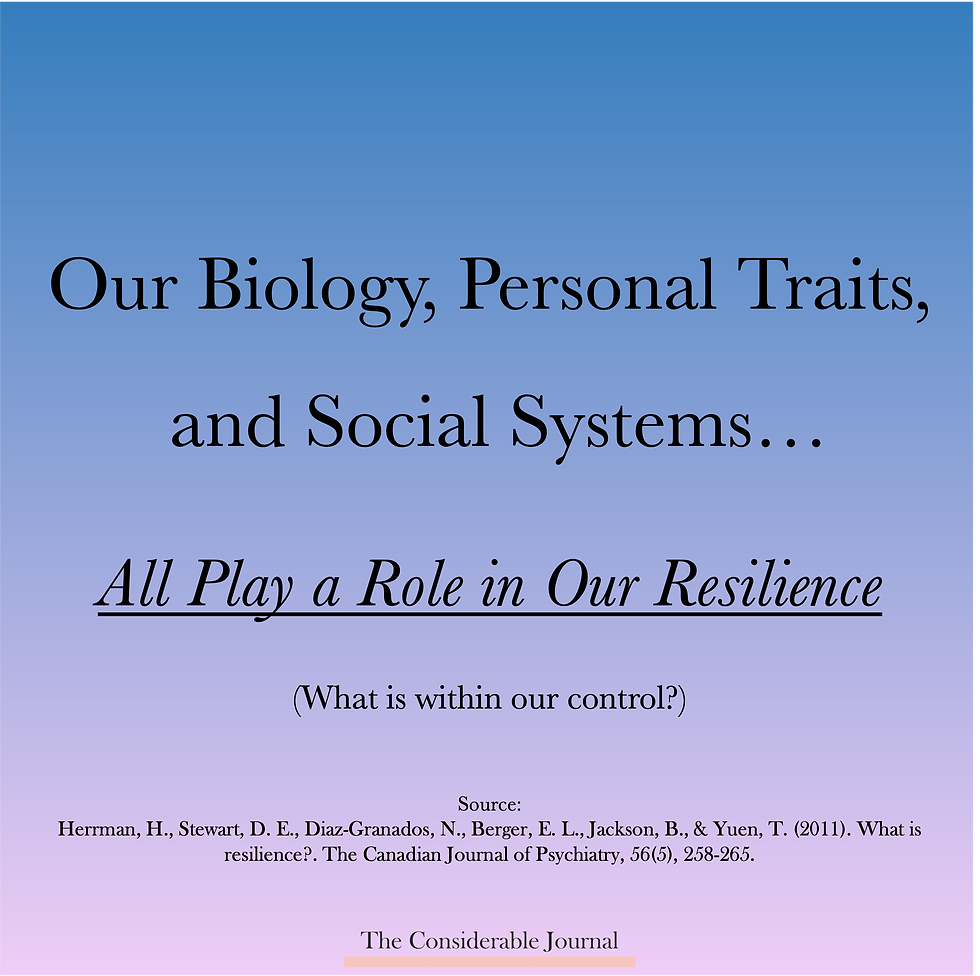Conflict Only Relates to Lower Relationship Satisfaction When People Don’t Feel Understood
- Considerable Journal
- Nov 17, 2022
- 2 min read
Updated: Mar 11, 2023

Is conflict detrimental to relationship satisfaction? According to a study carried out in 2015 by Gordon and Chen, not necessarily. These researchers found, through seven joint studies, that conflict is only detrimental when people don’t feel understood by their partner during the conflict.
Before proceeding, note that these findings do not apply to aggressive and physical conflict, which wasn’t the object of this study since it functions quite differently than other types of conflict.
Relationship satisfaction is the subjective evaluation of one’s relationship. In this study, it was measured with the 4-item version of the Couples Satisfaction Index, which contains questions such as “In general, how satisfied are you with your relationship?”
Perceived understanding refers to “the extent to which people feel that their partners understand their thoughts, feelings, and point of view” (Gordon & Chen, 2015). In this study, perceived understanding was measured with 10 items from the Other Dyadic Perspective Taking Scale. Items from this scale include: "My partner not only listens to what I am saying but really understands and seems to know where I am coming from” and “My partner does not sense or realize what I am feeling” (reverse scored).
Study 1 tested the hypothesis that relationship satisfaction only reduces in the presence of conflict when people feel less understood by their partners. 143 people who were in romantic relationships for at least 6 months participated in this study. Relationship satisfaction, relationship conflict, perceived and self-reported understanding, and positive partner perceptions were measured, and statistic analyses were carried out.
Confirming the researchers’ hypothesis, feeling understood moderated the negative effect of conflict in relationship satisfaction.
The consequent studies sought to confirm and understand this relationship more deeply.
In Study 2, participants were either asked to recall a conflict in which they felt understood by their partner or a conflict in which they didn’t.
The results showed that recalling conflict significantly reduces relationship satisfaction only when people did not feel understood by their partners during the conflict.
Study 4 confirmed the same results by using daily experience methodology, that is, by asking participants to track their conflicts as well as their relationship satisfaction in a 2 week period.
All 7 studies pointed at the same conclusions. The authors review:
“Across these studies, we found that participants were no less satisfied with their relationships after recalling or experiencing a conflict in which they felt understood compared to if they had had no conflict at all (…) relationships characterized by more frequent and severe conflict were not any less satisfying than relationships characterized by little conflict among people who felt more understood by their partners” (Gordon & Chen, 2015).
Interestingly, these studies also found that participants who felt more understood by their partner were also more understanding.
Source:
Gordon, A. M. & Chen, S. 2015. Do You Get Where I’m Coming From?: Perceived Understanding Buffers Against the Negative Impact of Conflict on Relationship Satisfaction. Journal of Personality and Social Psychology.
Article written by Maggie Stilman.
The Considerable Journal.
The Considerable Journal's mission is to bring relevant scientific findings closer to people who seek evidence-based paths to integral well-being, by providing briefed, straightforward expositions of scientific research regarding mental and physical health, relationships, habits, and more.




Comments